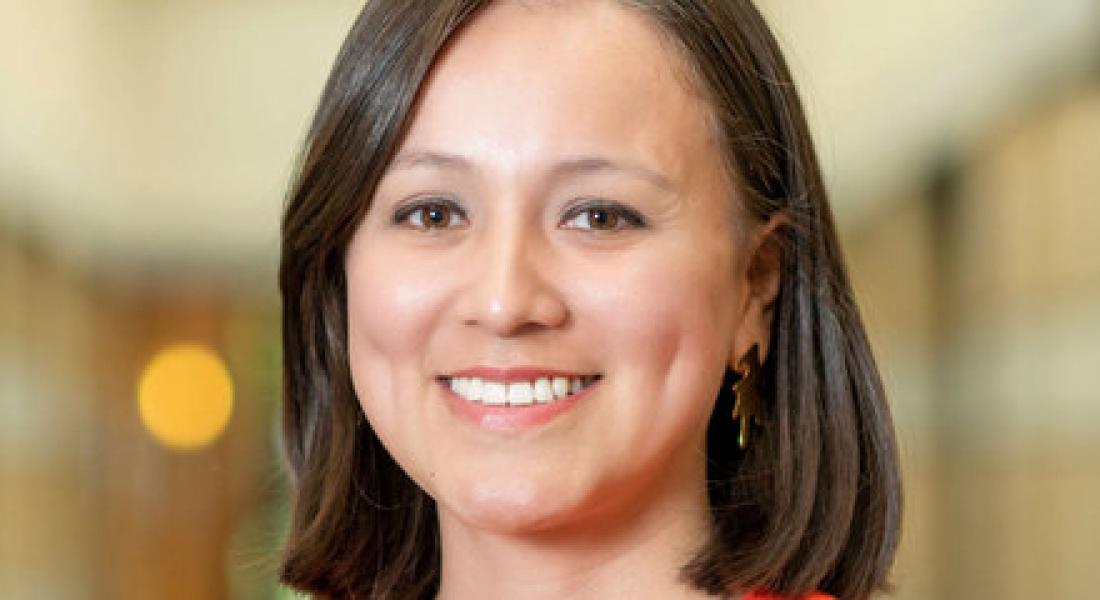
Kellogg Institute Doctoral Student Affiliate Isabel Güiza-Gómez has been awarded one of nine National Fellowship by Graduate Women in Science (GWIS) this year.
Every year, GWIS National Fellowship Program recognizes women who are performing hypothesis driven research in STEM and social science fields and who have shown an outstanding ability for promising careers.
Güiza-Gómez is originally from Colombia and a PhD candidate in political science and peace studies. Her research focuses on insurgent and rural-poor collective action for wealth redistribution in the high-risk circumstances of civil war and entrenched inequality. By analyzing the Colombian case, her work seeks to explain why land redistribution is forged in civil war political transitions although peace processes are usually conceived of as the mere reworking of political democracy for previously excluded actors.
Güiza-Gómez garnered the award for her dissertation project, titled "Landing Peace: Rural-poor mobilization and land redistribution in civil war political transitions." She will use the GWIS scholarship to examine insurgent negotiators' strength and strategizing to anchor redistribution to the terms of the agreement, and peasant, indigenous, Afro-descendant, rural women, and victims' collective action to shape the nature and content of redistributive reform, and the effectiveness and scope of policy implementation.
Her project abstract explains that civil war political transitions are usually conceived of as the reworking of institutions to strengthen political democracy for previously sidelined actors such as former guerrilla combatants and marginalized communities. Yet transitions also intend to deepen economic democracy by engineering the status-quo distribution of wealth that usually nurtures armed confrontation. Land redistribution is an oft-found commitment in peace agreements, which is ultimately implemented at varying degrees. Why is wealth redistribution forged in civil war political transitions despite prior theorizing expected it to be outweighed by political democracy?
Güiza-Gómez's dissertation project will explain the conditions under which land redistribution for the rural poor is forged in civil wars undergoing negotiated transitions. By diving into the Colombian case for the 1982-2004 and 2012-2024 periods, she hypothesizes that rural-poor movements shape the nature and content of redistributive reform enshrined in negotiated settlements and post-transition policies, as well as the effectiveness and scope of policy implementation. She will employ a multi-scale, mixed-methods design including comparative historical analysis, process tracing, statistical modeling, in-depth interviews, focus groups, an expert survey, and text-as-data and GIS analysis. She will show that outsider, non-armed actors are a critical driving force behind land redistribution in highly unequal societies during democratization.
The Kellogg Institute for International Studies, part of the Keough School of Global Affairs at the University of Notre Dame, is an interdisciplinary community of scholars and students from across the University and around the globe that promotes research, provides educational opportunities, and builds partnerships throughout the world on the themes of global democracy and integral human development.





